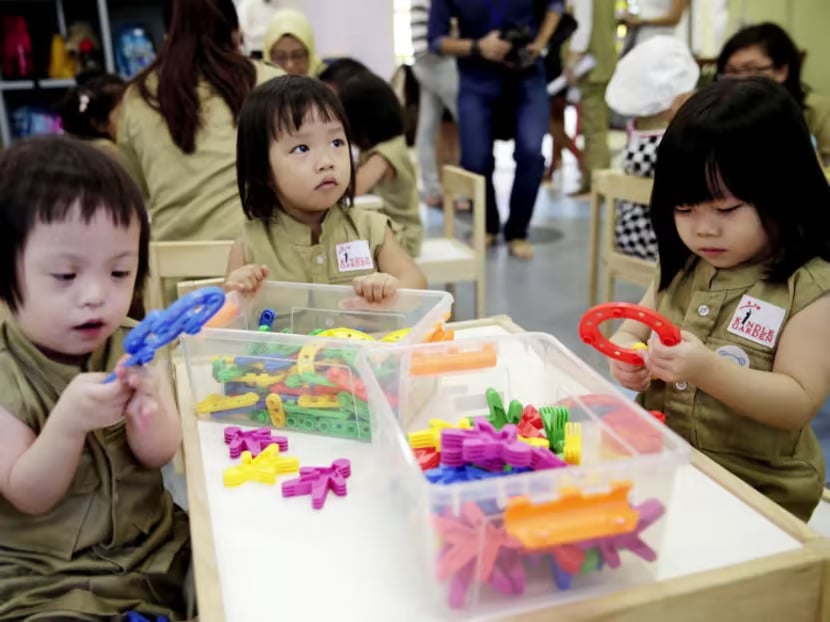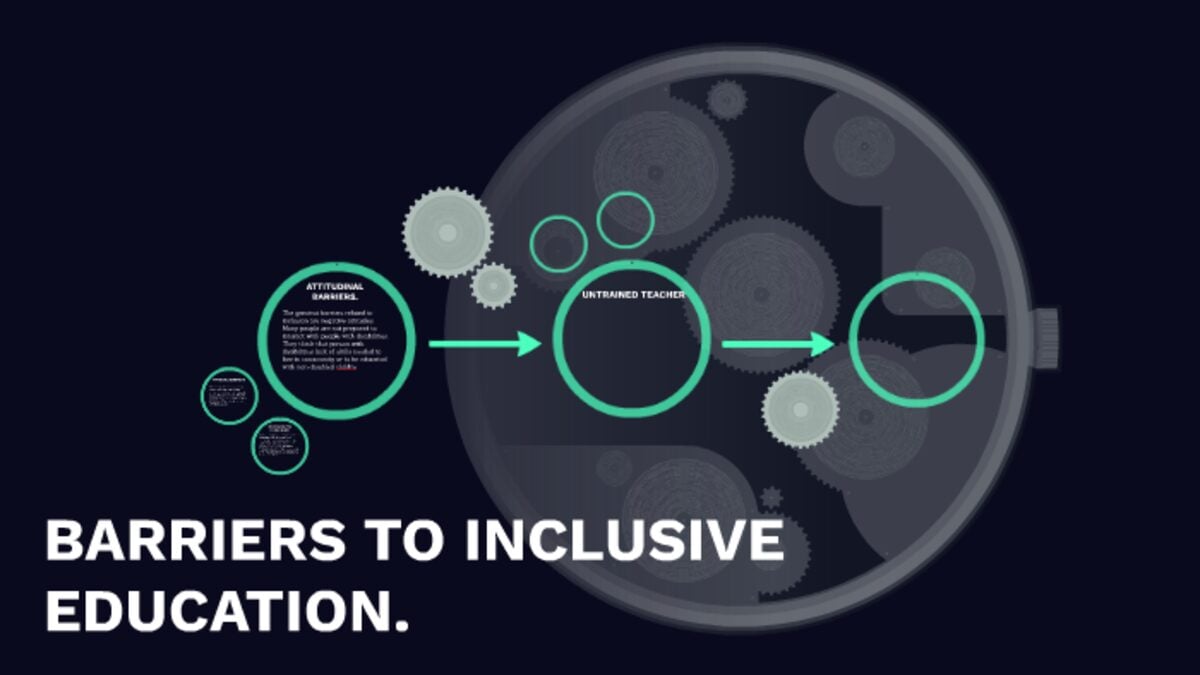
Image source: Today Online
Inclusive education is more than just a pedagogical approach—it’s a philosophy that embraces diversity, equity, and belonging in educational settings. As educators, administrators, and policymakers continue to recognize the importance of inclusive practices, the landscape of education is undergoing a profound transformation. In this article, we will explore the principles of inclusive education, its impact on students and communities, and the role of specialized programs like those offered by Newcastle Australia Institute of Higher Education in fostering inclusive learning environments.
What is Inclusive Education all about?
At its core, inclusive education is about ensuring that all students, regardless of their background, abilities, or differences, have access to quality education and are fully integrated into the learning community. This includes students with disabilities, English language learners, gifted learners, and those from diverse cultural and socio-economic backgrounds. Inclusive education promotes a sense of belonging, respects individual differences, and recognizes the value of diversity in enriching the learning experience for everyone involved.
The Benefits of Inclusive Education
Research has shown that inclusive education benefits not only students with disabilities but all students in the classroom. Inclusive classrooms foster positive attitudes towards diversity, promote empathy and understanding, and provide opportunities for peer learning and collaboration. Additionally, inclusive education has been linked to improved academic outcomes, increased social and emotional development, and better long-term life outcomes for students with disabilities.
Challenges and Barriers

Image source: Educare
Despite the numerous benefits of inclusive education, implementing inclusive practices can pose challenges for educators and schools. These challenges may include limited resources, lack of training and support, resistance to change, and systemic barriers that perpetuate inequities in education. Addressing these challenges requires a concerted effort from all stakeholders, including educators, administrators, policymakers, and communities.
Specialized Training for Inclusive Educators
Recognizing the importance of preparing educators to meet the diverse needs of their students, institutions like Newcastle Australia IHE offer specialized programs in Special Inclusive Education. The Master of Special & Inclusive Education program and the Graduate Certificate in Special and Inclusive Support provide educators with the knowledge, skills, and strategies needed to create inclusive learning environments. From understanding disability laws and policies to implementing evidence-based practices, graduates of these programs are equipped to advocate for inclusive education and make a positive impact in their classrooms and communities.
Creating Inclusive Learning Environments
Building inclusive learning environments requires a multifaceted approach that addresses the diverse needs of students while fostering a culture of acceptance, respect, and belonging. This includes adopting universal design for learning principles, providing accommodations and support as needed, promoting positive behavior interventions, and fostering strong partnerships with families and community organizations. By embracing diversity and promoting equity, schools can create environments where every student feels valued, supported, and empowered to reach their full potential.
Inclusive Learning in Singapore

Image source: CNA
Singapore’s education system embraces inclusivity on multiple fronts. Classrooms are a microcosm of the nation’s multicultural society, fostering acceptance and understanding between students of diverse ethnicities. For academically gifted students, there are specialized programs that challenge and nurture their exceptional potential. Additionally, a strong emphasis is placed on inclusive education for students with special needs. This involves integrating them into mainstream classrooms with the support of qualified educators and tailored learning plans, ensuring all students have the opportunity to thrive in a nurturing and supportive environment.
Conclusion
Inclusive education is not just a goal to strive for—it’s a moral imperative and a fundamental human right. By embracing the principles of inclusive education and providing specialized training for educators, institutions like Newcastle Australia IHE are leading the way in creating inclusive learning environments that benefit all students. As we continue to work towards a more inclusive society, let us remember that every child deserves the opportunity to learn, grow, and succeed, regardless of their differences.
